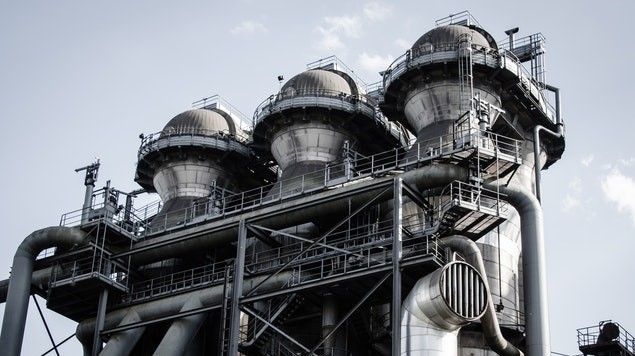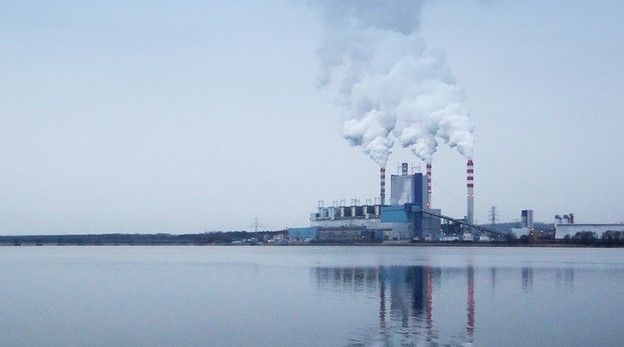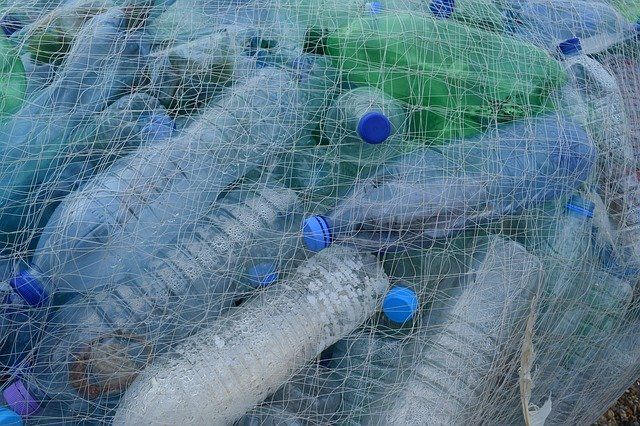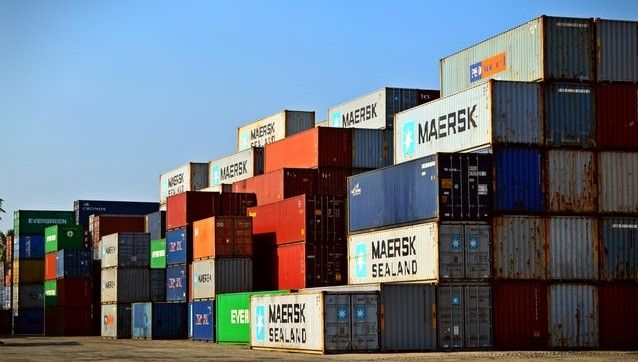There will never be another year quite like 2020. But that doesn’t mean that 2021 will be without changes, challenges, and trends.
While the pandemic looks set to disrupt everything for most of the year, other factors will come into play to shape the American chemical industry. The biggest of these will be:
1. A New Broom
The most evident change this year will come with the inauguration of Joe Biden as president.
Given President Trump’s pro-coal, pro-oil, pro-fracking, and minimalist stance on chemical industry legislation, the new administration is expected to make large steps in the opposite direction – especially in terms of climate change.
“When President Trump took office,” reports consultants at the global commodities journal ICIS, “it was easy to believe that the US would be able to roll back the tide in terms of the Climate Change agenda, and create a new opportunity for oil and gas to flourish.”
This led to Trump’s policies of leaving the Paris Agreement, and replacing the Iran nuclear deal with stiffer sanctions on Iranian oil exports (thus boosting the advantage of US shale and petrochemical products).

Looking ahead, a more environmentally sensitive approach seems likely. This has been indicated through Biden’s nomination of Michael Regan, who currently leads the North Carolina Department of Environmental Quality, as head of the US Environmental Protection Agency (EPA).
It is a move that places someone with passion about environmental responsibility at the heart of enforcing chemical safety legislation.
“Michael operates with the belief that really every North Carolinian deserves clean air and clean water,” says Hawley Truax, director of the Southeast office of the Environmental Defense Fund, who worked with Regan there for eight years. Truax recalling how, “During Michael's tenure as head of the Department of Environmental Quality in North Carolina, the state launched the most ambitious carbon reduction into clean energy plans in its history.”

His expected appointment is a true sign that Biden will place environmental care at the centre of his legacy.
As Regan said even before he was earmarked for his role in leading the EPA, “We’re looking forward to a Biden administration and an EPA that uses its resources to push aggressively on key issues like climate change.”
2. A Recycling Boost
Sustainability and the Circular Economy will stay at the centre of the thinking for the chemical industry in 2021. It will remain a political trend that will continue forcing chemical manufacturers, especially those in the plastics or packaging sectors, to rethink their processes.
Moreover, consumer concerns over packaging and waste, as well as boardroom sentiment to ‘do the right thing’ will lead companies towards more responsible use of resources.
This view is supported by a Wall Street Journal report which noted that while the makers of cereal boxes, detergent containers, and drinks bottles, “… have long fought efforts to make them pay for the cost of dealing with packaging waste. Now, trade groups that represent companies like Procter & Gamble Co. and PepsiCo Inc. are softening that stance, as consumers become more concerned about plastic waste and municipalities struggle to cover the costs of their recycling programs.”

Tony Radoszewski, President and CEO of the Plastics Industry Association, agrees, highlighting that legislation, such as “the RECOVER Act to improve collection and sorting of recyclable materials; the RECYCLE Act to fund public awareness of recycling options; and the Plastic Waste Reduction and Recycling Act to develop new recycling technologies” is already in place. Now what is needed is “bipartisan cooperation and hard work, to develop workable policy solutions that allow us to reach our sustainability goals.”
“My wish is for open lines of communication and collaboration that bring us together to reimagine recycling as we know it,” concurs Mark Costa, CEO of Eastman Chemical Company. “Plastic is invaluable to feed the world and keep us safe. But the world has an urgent plastic waste problem. At Eastman we believe in reduce, reuse, and recycle, and are investing in technology to enable all three.”

But beyond the legislation and political appointments lies the economics that will force the biggest changes on the American chemical industry over the coming months.
The economics of business in America has been changing for a long time, a fact that many have yet to grasp. In many ways, American politics remains mired in the past, attempting to rewind the clock to America’s post-war ‘Golden Age’, when digging coal or striking oil made riches.
Today, things have moved on in a far more complicated and integrated world.
Biden, as far as we can tell, seems to understand this point and is asking all of industry, including the chemicals sector, to make the changes necessary.
“Joe Biden’s election confirms that the world is changing in front of us. The Old Normal of fossil fuels and globalisation is no longer relevant. Instead, the New Normal of recycling and sustainability is key to future success,” writes Paul Hodges, a petrochemical market consultant at ICIS observes. “As Biden starts to highlight the opportunities from the Green agenda, in terms of future business and job growth, I expect the US to accelerate away [from that Old Normal]. The risk of continuing to fall behind the EU and China is far too great.”
Photo credit: Pexels, Chanaka, pexels, Barthy Bonhomme, & Matthew Gollop from Pixabay